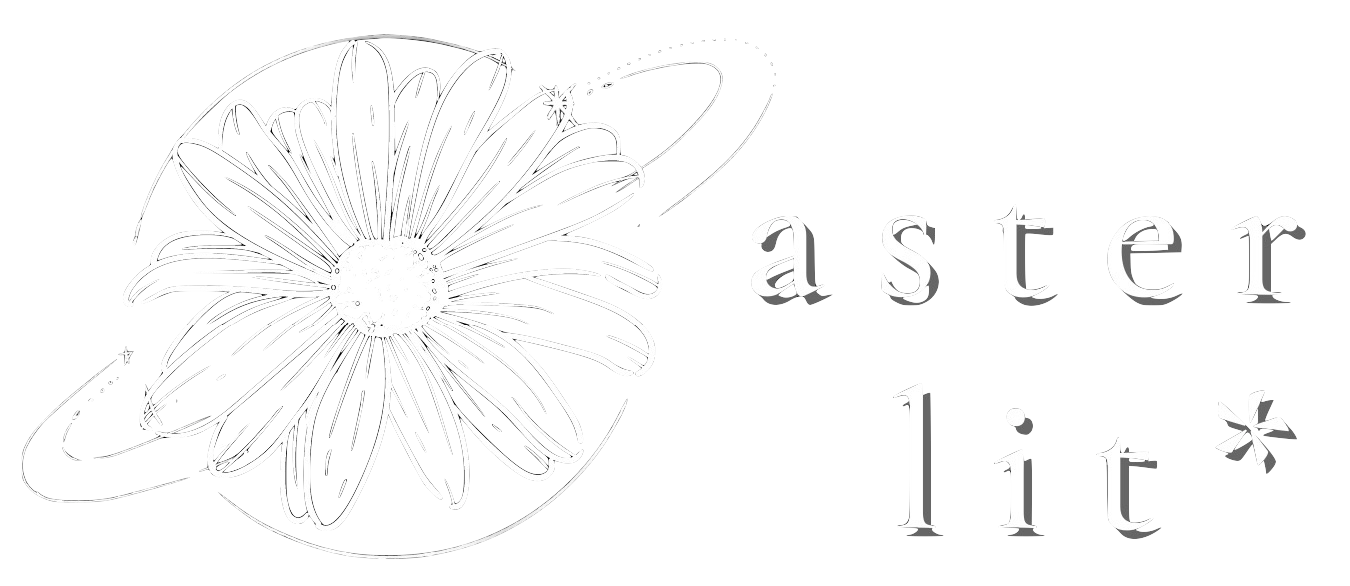
Aster Lit: translatability
Issue 12- Summer 2024
Q&A with Sripurna Majumdar
This piece is extremely meta—and that's why it's interesting—as it translates your view on the translation of translation. How was your process of figuring out how to communicate such a multi-layered idea?
We define the world through language. Whenever we try to communicate our feelings to someone else or even to ourselves, we inherently translate our thoughts into words. The theme of this issue, ‘Translatability’ instantly made me think, how to translate this word into the languages of my country? There emerged so many options that it led me to think along these lines. Translation is an essentially multidimensional act, and how the word itself relates to multilingualism is doubly interesting and thought-provoking.
The sentences "but it is important to remember that even the shadow changes with direction and position in relation to the light source. The perspective of the translator thereby gets highlighted" add a completely new dimension to the word chhāyānuvād. Do you think translating is always done "at an angle," and if so, which of these angles/words do you personally resonate with the most?
The translated text is a reincarnation of the source text. In a way, it is an original creation in itself. The translator never merely duplicates the text in another language, it is always done at an angle and reveals some traits of its own. I personally resonate the most with the concept of rupāntar, connoting a change of form in accordance with changing surrounding conditions and habitat. The translated text is situated in its space and time, and thus is always bound to take on a particular form of its own.
It's interesting how you ended with an allusion to Pandora's Box, which holds all the evils of the world along with hope. Why did you equate translating with a sometimes negatively-connotated word—are there complexities in history and oppression that translation opens up?
Language is always political, and so is translation. India, a country that endured 200 years of colonial rule, has complicated relations with multilingualism. English— the language of the colonisers held, and still holds a position of power in the country. Likewise, in a number of colonised countries translation has laid bare the dark history of oppression and subjugation. For instance, the idea of ‘transcreation’ involving a metaphorical ‘devouring’ and appropriation of the source text, put forward and practised by the Brazilian translator Haroldo de Campos brings out the reality of repression of the Brazilian cultural identity by the European colonial powers and shows how historical injustice never goes unchallenged.

